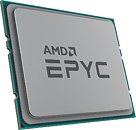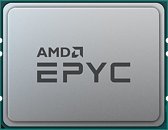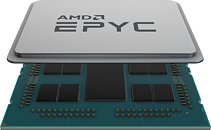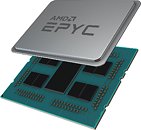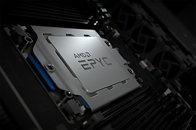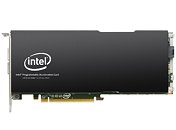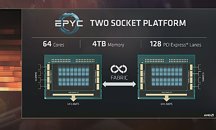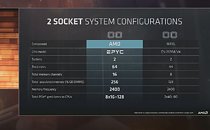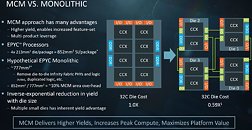
2nd Gen AMD EPYC Processors Set New Standard for the Modern Datacenter
At a launch event today, AMD was joined by an expansive ecosystem of datacenter partners and customers to introduce the 2nd Generation AMD EPYC family of processors that deliver performance leadership across a broad number of enterprise, cloud and high-performance computing (HPC) workloads. 2nd Gen AMD EPYC processors feature up to 64 "Zen 2" cores in leading-edge 7 nm process technology to deliver record-setting performance while helping reduce total cost of ownership (TCO) by up to 50% across numerous workloads. At the event, Google and Twitter announced new 2nd Gen AMD EPYC processor deployments and HPE and Lenovo announced immediate availability of new platforms.
"Today, we set a new standard for the modern datacenter with the launch of our 2nd Gen AMD EPYC processors that deliver record-setting performance and significantly lower total cost of ownership across a broad set of workloads," said Dr. Lisa Su, president and CEO, AMD. "Adoption of our new leadership server processors is accelerating with multiple new enterprise, cloud and HPC customers choosing EPYC processors to meet their most demanding server computing needs."
"Today, we set a new standard for the modern datacenter with the launch of our 2nd Gen AMD EPYC processors that deliver record-setting performance and significantly lower total cost of ownership across a broad set of workloads," said Dr. Lisa Su, president and CEO, AMD. "Adoption of our new leadership server processors is accelerating with multiple new enterprise, cloud and HPC customers choosing EPYC processors to meet their most demanding server computing needs."
